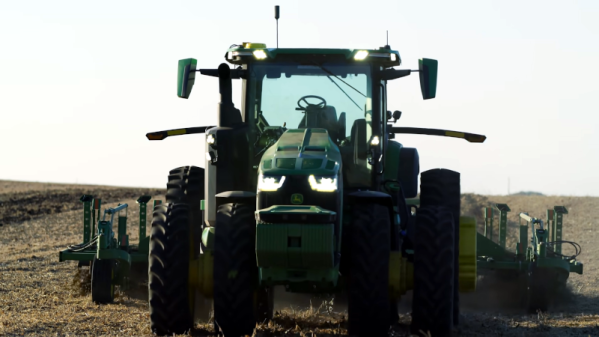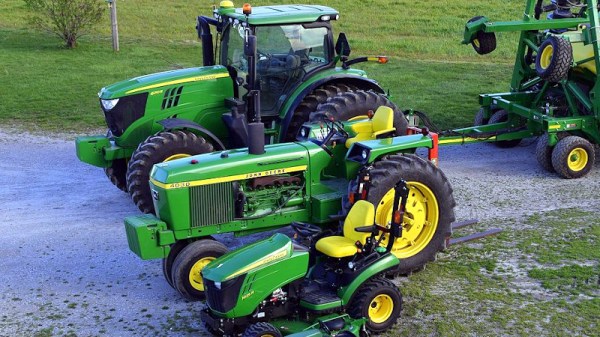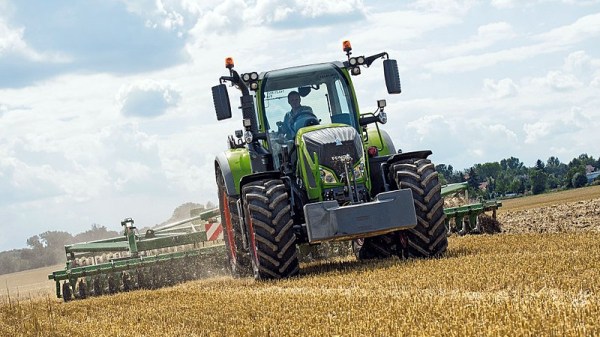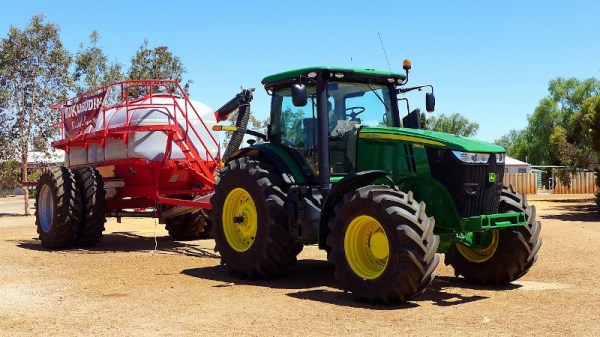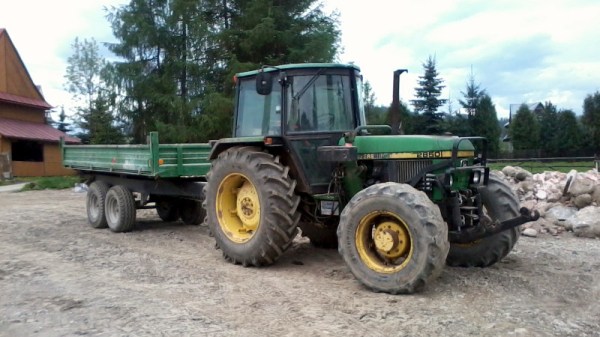When it comes to activism, there are many different grades of activist aside from the few who you may encounter quietly and effectively working for change in their field. There are the self-proclaimed activists who sit in their armchairs and froth online about whatever their Cause is, but ultimately aside from making a lot of noise are pretty ineffectual. Then there are the Rebels With A Cause, involved in every radical movement of the moment and always out on the streets about something or other, but often doing those causes more harm than good. Activists can be hard work, at times.
If you are within whatever Establishment that has aroused the collective ire it is not the screamers and banner-wavers that should worry you, instead it is the people who are normally quiet. When people who spend their lives getting things done rather than complaining turn round en masse and rebel, it’s time to sit up and take notice. If people like the farmers or the squaddies are on the streets, the probability of your ending up on the wrong side of history has just increased exponentially and maybe it’s time to have a little think about where you’re going with all this.
The video below the break follows a group of Nebraska farmers fighting for the right to maintain their farm machinery, in particular the products of John Deere. Since all functions of a modern Deere are tied into the machine’s software, the manufacturer has used the DMCA to lock all maintenance into their dealer network. As one farmer points out, to load his combine harvester on a truck and take it on a 100-mile round trip to the dealer costs him $1000 every time a minor fault appears, and he and other farmers simply can’t afford that kind of loss. We’re taken to the Nebraska State Legislature and shown the progress of a bill that will enshrine the right to repair in Nebraskan law, and along the way we see the attempts by lobbyists to derail it.
We normally write Hackaday stories in the third person, but it’s worth saying that this is being written from a small farming community in Southern England, and that there is a green and yellow tractor parked outside somewhere. Thus it’s from first-hand experience that you can be told that Deere is in danger of becoming a damaged brand among its staunchest supporters. They still make damn fine tractors, but who wants to be caught with brief weather window to get on the land, and a machine that’s bricked itself? It’s hardly as though Deere are the only manufacturer of agricultural machinery after all.
This video is quite important, because it is a step towards the wider story becoming more than just a concern to a few farmers, hardware hackers, and right-to-repair enthusiasts. The last word should go to one of the farmers featured, when he points out that all his older tractors are just as capable of going out and doing the same day’s work without the benefit of all the computerized technology on their modern siblings.
Continue reading “Will John Deere Finally Get Their DMCA Comeuppance?” →

